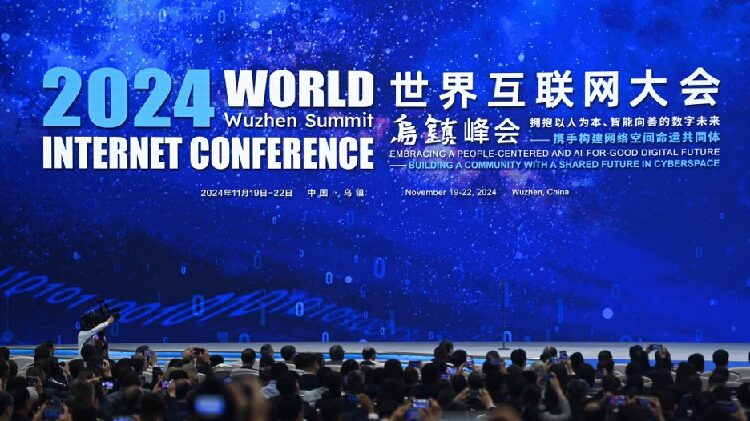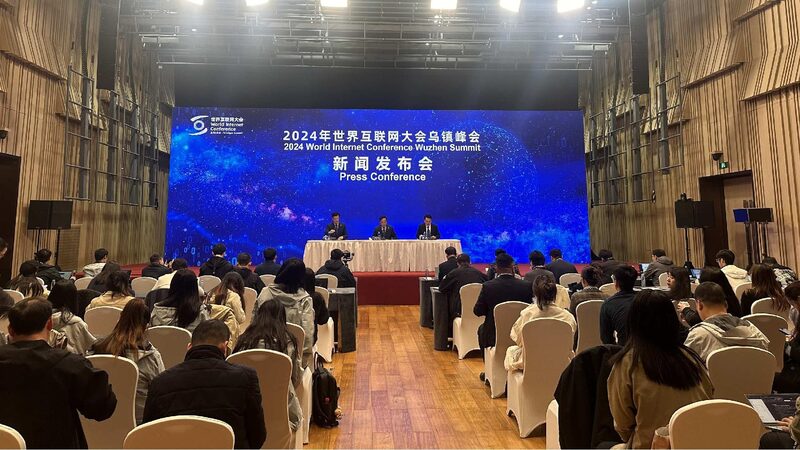The World Internet Conference (WIC) is paving the way for a people-centered digital future by integrating technology with ethical principles from Chinese philosophy. Since its start in 2014 in Wuzhen, China, the conference has evolved alongside the digital world, expanding discussions from basic internet connectivity to advanced technologies like big data, artificial intelligence (AI), and cloud computing.
In recent years, the focus has shifted towards the development of Artificial General Intelligence (AGI) and Artificial Super Intelligence (ASI). AGI refers to AI systems with human-level cognitive abilities, while ASI surpasses human intelligence in all aspects. Visionaries like Elon Musk and Sam Altman predict that AGI could emerge within the next decade, promising immense benefits but also posing significant risks.
One key concern is ensuring that these advanced AI systems align with human values and do not act against humanity’s interests. This is where Chinese philosophical concepts can play a crucial role. Principles such as harmony and balance emphasize social cohesion and equilibrium between competing interests. The idea of interconnectedness reminds us that actions have far-reaching consequences, encouraging AI to consider the broader impact of decisions on society and the environment.
By integrating these philosophies into AI development, the WIC promotes a more inclusive and ethical approach to technology. This multicultural perspective helps bridge gaps in Western-centric ethical frameworks, ensuring that the future of AI benefits all of humanity.
As we stand on the brink of transformative technological advancements, the WIC’s commitment to global collaboration and diverse viewpoints is essential. By embracing different cultural and philosophical insights, we can guide the evolution of technology in a way that is ethical, beneficial, and truly people-centered.
Reference(s):
World Internet Conference heralds a people-centered digital future
cgtn.com








